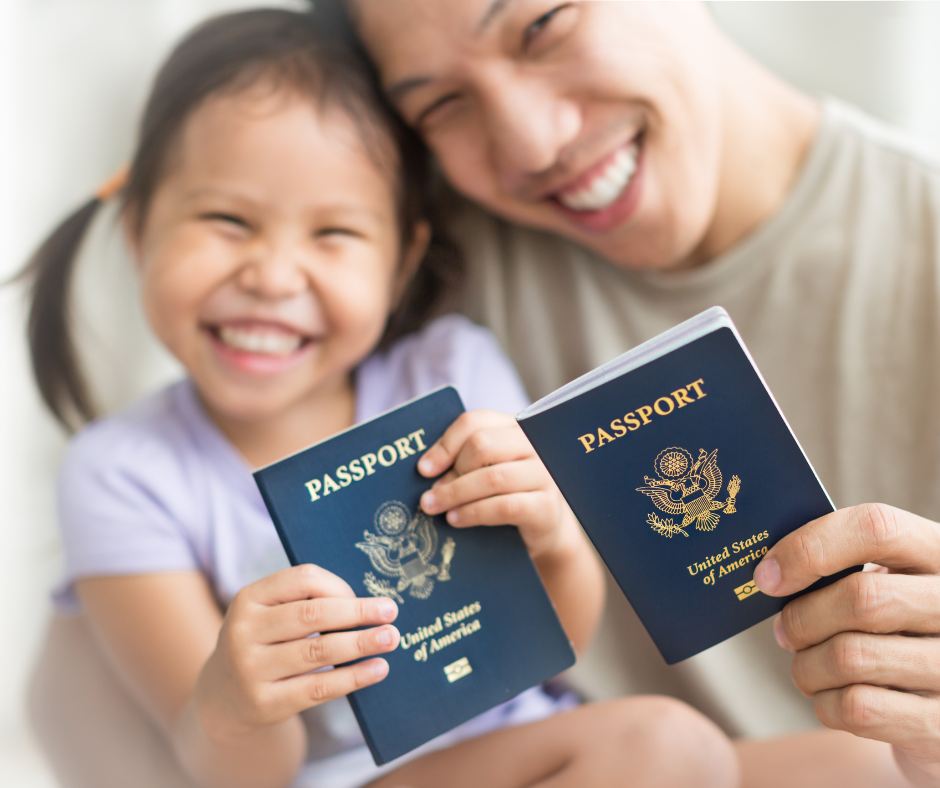Navigating the legal and bureaucratic intricacies surrounding surrogacy can be challenging, and it becomes even more complex when the process extends beyond the borders of your home country. An often-asked question in international surrogacy scenarios is, “If a child is born abroad through surrogacy, does it confer U.S. citizenship?” This article will delve into the complexities and provide an overview of the legal considerations surrounding U.S. citizenship for children born via surrogacy abroad.
Understanding U.S. Citizenship Laws
The laws governing U.S. citizenship are complex and can be impacted by various factors, including the citizenship status of the biological parents, the marital status of the parents, the physical presence of the parents in the U.S. prior to the child’s birth, and the method of conception. For children born outside the U.S., their citizenship status could be determined by either of two laws: jus sanguinis (right of blood) or jus soli (right of soil).
Under jus sanguinis, U.S. citizenship may be granted to a child born abroad if at least one of the parents is a U.S. citizen at the time of the child’s birth, and that parent has lived in the U.S. for five years. On the other hand, jus soli refers to the right of anyone born in the territory of a state to nationality or citizenship. You can learn more on the US government website at https://www.uscis.gov/citizenship/learn-about-citizenship/i-am-the-child-of-a-us-citizen.
U.S. Citizenship and Surrogacy Born Children Abroad
In the case of a child born abroad through surrogacy, the critical factor is the genetic connection to a U.S. citizen parent. According to the U.S. Department of State, for a child born abroad through Assisted Reproductive Technology (ART) to acquire U.S. citizenship at birth, the child must have a biological connection to a U.S. citizen parent.
This requirement can create complications in surrogacy arrangements where the egg and sperm donors are not the intended parents. In cases where the surrogate is also the egg donor, even if the intended father is a U.S. citizen and the biological father, it may still be challenging to establish U.S. citizenship for the child.
Furthermore, the law does not take into account the legal parentage under local laws, surrogacy agreements, or the marital status of the intended parents. Therefore, the U.S. citizen parent(s) must provide genetic proof to establish a biological relationship with the child.
A Shift in Policy Towards Assisted Reproductive Technology
A significant update occurred in 2021 under the Biden administration, marking a change in the interpretation of U.S. immigration law that impacts children born abroad through assisted reproductive technology (ART), including surrogacy.
According to a policy change by the U.S. Citizenship and Immigration Services (USCIS), a biological connection to the American parent is no longer a requirement for babies born overseas to married couples that include a U.S. citizen, to qualify for U.S. citizenship and family-based immigration benefits.
Under the updated USCIS guidance, as long as one parent is a U.S. citizen and one parent is genetically related or gave birth to the child, the baby will be eligible. The parents must be married and recognized as the child’s legal guardians in their place of residence.
This development, which modifies long-standing U.S. immigration policy, is a considerable triumph for same-sex couples and other parents living overseas who use surrogates and ART procedures, including in-vitro fertilization (IVF).
In a statement, USCIS Director Ur M. Jaddou noted, “USCIS is taking a crucial step towards ensuring fair access and support for all families and their loved ones.” The change aligns with the State Department’s announcement in May of 2021, confirming a similar update in policy for U.S. citizenship transmission to children born abroad to married couples with one U.S. citizen parent.
The new interpretation aims to keep pace with advances in ART and extends U.S. citizenship to increased numbers of married couples’ children born overseas, a move highly applauded by advocacy groups.
These policy changes are significant because, under the previous interpretation, children who might now benefit could have been considered to have been born “out of wedlock,” making them ineligible for U.S. citizenship and other benefits. This shift in policy interpretation is seen as a part of USCIS’s ongoing efforts to dismantle barriers in immigrant benefits.
Aaron Morris, the executive director of Immigration Equality, a group advocating for LGBTQ immigrants, praised the announcement. He stated, “The recent change in USCIS policy is an important step in overcoming the federal government’s previous archaic, narrow, and unlawful definition of what a family is.”
While these changes are a significant step forward in recognizing the evolving definitions of family and parenthood, potential parents are still encouraged to seek legal counsel to navigate the intricacies of these laws. The landscape of surrogacy and assisted reproductive technology continues to change and evolve, with promising steps towards inclusivity and recognition for all forms of family.


